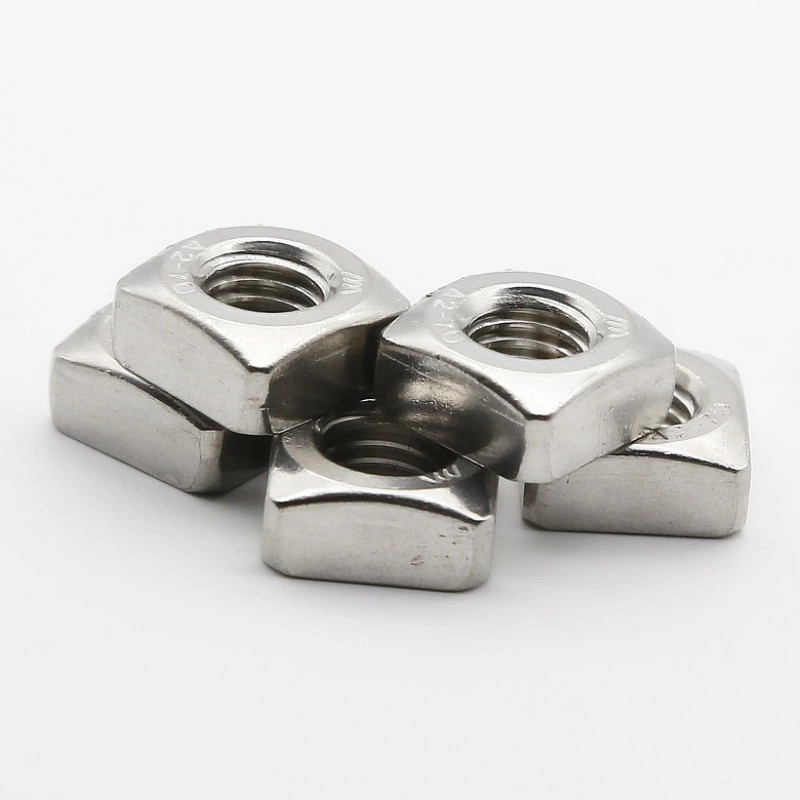

Guide to Sizes of Self-Drilling Screws for Sheet Metal Applications
Oct . 21, 2024 11:40 Back to list
Guide to Sizes of Self-Drilling Screws for Sheet Metal Applications
Understanding Self-Drilling Sheet Metal Screw Sizes
Self-drilling sheet metal screws are essential fasteners in construction and metalworking, renowned for their efficiency and versatility. These screws simplify the fastening process by eliminating the need for pre-drilling holes, allowing for quick and secure installation. Understanding the sizes and specifications of self-drilling sheet metal screws is crucial for anyone involved in construction, manufacturing, or DIY projects.
What Are Self-Drilling Sheet Metal Screws?
Self-drilling sheet metal screws, often referred to as Tek screws, are designed to penetrate and fasten to metal surfaces without prior hole preparation. They feature a sharp pointed tip that acts as a drill bit, allowing the screw to create its own hole as it is driven into the material. This feature saves significant time and effort, making them a favored choice in various applications like roofing, siding, and HVAC systems.
The Importance of Size
Selecting the correct size of self-drilling screws is vital for ensuring a strong, reliable connection. The size of a screw is generally determined by its diameter, length, and thread type. These dimensions impact the screw's load-bearing capacity, the material it can effectively fasten, and its resistance to shear forces.
1. Diameter The diameter of a self-drilling screw is often indicated in gauge (AWG - American Wire Gauge). Common diameters range from 6 to 14, with 8 and 10 being the most widely used in sheet metal applications. A larger diameter screw is generally stronger and better suited for heavier materials.
2. Length The length of the screw is equally important. Typical lengths range from 0.75 inches to 3 inches. The length you require will depend on the thickness of the materials you are fastening together. A longer screw is necessary for thicker materials, while a shorter screw may suffice for thinner sheets.
3. Thread Type The thread design on a self-drilling screw affects its holding power. There are generally two types of threads coarse and fine. Coarse threads are better for soft materials, providing a stronger grip, while fine threads work well with harder materials, allowing for tighter connections.
self drilling sheet metal screw sizes

Common Sizes and Uses
When considering self-drilling sheet metal screws, it's essential to familiarize yourself with some of the common sizes and their typical applications
- 8 x 1 This size is frequently used for fastening thin gauge sheet metal to wood or another sheet metal layer. It's particularly effective for applications in residential roofing and siding.
- 10 x 1.5 Commonly used in HVAC installations, this size is suitable for attaching ductwork to metal supports.
- 12 x 2 Ideal for securing heavier metal sections together, this screw size is frequently employed in industrial applications.
- 14 x 3 Used primarily in structural applications, this size provides the strength needed for heavy-duty fastening tasks, such as connecting large structural elements in commercial construction projects.
Conclusion
Understanding the sizes of self-drilling sheet metal screws is crucial for anyone involved in projects ranging from simple home repairs to complex industrial applications. By choosing the appropriate diameter, length, and thread type, you can ensure that your fastening will be both effective and durable.
When working on a project, always consider the materials you will be joining and the specific requirements of your application. Whether it's a small DIY task or a large-scale construction job, the right self-drilling screw can make all the difference in ensuring the longevity and integrity of your work. With the correct screws on hand, you can confidently tackle any fastening challenge that comes your way.
Latest news
-
High-Strength Hot Dip Galvanized Bolts - Hebei Longze | Corrosion Resistance, Customization
NewsJul.30,2025
-
Hot Dip Galvanized Bolts-Hebei Longze|Corrosion Resistance&High Strength
NewsJul.30,2025
-
High-Strength Hot-Dip Galvanized Bolts-Hebei Longze|Corrosion Resistance&High Strength
NewsJul.30,2025
-
Hot Dip Galvanized Bolts-Hebei Longze|Corrosion Resistance&High Strength
NewsJul.30,2025
-
Hot Dip Galvanized Bolts - Hebei Longze | Corrosion Resistance, High Strength
NewsJul.30,2025
-
High-Strength Hot Dip Galvanized Bolts-Hebei Longze|Corrosion Resistance, Grade 8.8
NewsJul.30,2025

